India’s Foreign Minister makes historic visit to Pakistan for SCO summit
- Update Time : Wednesday, October 16, 2024
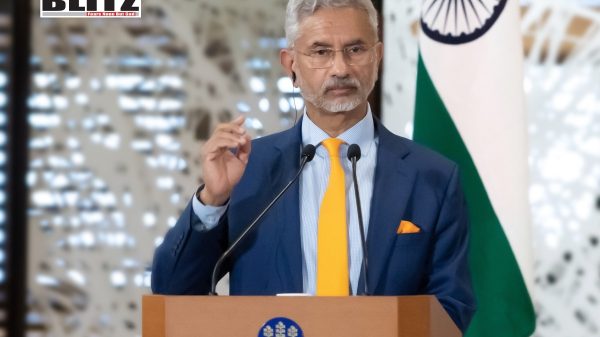
The 23rd meeting of the Council of Heads of Government (CHG) of the Shanghai Cooperation Organisation (SCO) is set to begin on October 15 in Islamabad, Pakistan. This two-day summit has attracted top leaders from member states and is being held under heightened security measures, with key routes and businesses in Islamabad and the neighboring city of Rawalpindi closed due to safety concerns.
Among the attendees, Indian Foreign Minister Subrahmanyam Jaishankar’s visit to Pakistan is particularly noteworthy. This marks the first trip by a senior Indian official to its long-time rival in nearly a decade, representing a significant moment in the complex relationship between the two nuclear-armed nations.
The Indian Ministry of External Affairs confirmed that Jaishankar would attend the summit to represent India. However, both sides have emphasized that no bilateral talks are planned, indicating that Jaishankar’s participation will strictly adhere to the SCO agenda.
The relationship between India and Pakistan has been fraught with tension since their partition in 1947, which concluded British colonial rule in the subcontinent. Over the decades, the two nations have engaged in multiple wars and numerous military confrontations, particularly over territorial disputes, most notably in the Kashmir region. This Himalayan territory has been a persistent flashpoint in bilateral relations, with both countries claiming it entirely while controlling only parts of it.
The last time an Indian foreign minister visited Pakistan was in 2015 when Sushma Swaraj attended a conference on Afghanistan. That year also witnessed a surprising visit by Indian Prime Minister Narendra Modi to Lahore, where he met with then-Pakistani Prime Minister Nawaz Sharif, leading to a brief optimism about improving relations. However, hopes for a thaw were dashed in 2019 when the Modi government revoked the special status of Jammu and Kashmir, prompting Pakistan to suspend bilateral trade and downgrade diplomatic relations.
Since that pivotal moment, dialogue between the two countries has been scarce, with both sides remaining steadfast in their positions. The revocation of Article 370, which granted autonomy to the region, intensified tensions and led to a complete stalemate in peace negotiations.
Founded in 2001, the SCO includes eight member states: China, India, Russia, Pakistan, Iran, Kazakhstan, Kyrgyzstan, Tajikistan, Uzbekistan, and Belarus, along with 16 other countries recognized as observers or dialogue partners. The organization is often viewed as a counterbalance to the Western-dominated NATO military alliance and emphasizes cooperation across various fields, including politics, economics, and security.
While the SCO has a mandate to discuss security issues, the upcoming Islamabad summit is expected to focus more on trade, humanitarian matters, and cultural exchanges among member states. This reflects a broader shift in regional and global dynamics, where countries increasingly seek to prioritize economic cooperation over military posturing.
India has demonstrated its commitment to engaging with the SCO framework, actively participating in various initiatives aimed at fostering collaboration among member states. However, India’s involvement is often viewed through the lens of its bilateral relations with Pakistan, adding complexity to its role in the organization.
Jaishankar’s visit to Islamabad carries both symbolic and strategic significance. It presents an opportunity for India to reaffirm its commitment to multilateral diplomacy within a regional context that includes its historical adversary. By participating in the SCO summit, India aims to bolster its presence on the global stage and showcase its role as a key player in regional security and cooperation.
This visit coincides with Pakistan’s new foreign policy initiatives aimed at enhancing its standing in the international community, particularly within the SCO framework. Hosting the summit provides Pakistan with a platform to strengthen its geopolitical influence and highlight its role as a central player in regional security dynamics. The country is keen to showcase its ability to engage with major powers and seek greater economic collaboration within the SCO framework.
Nevertheless, the absence of bilateral talks highlights the ongoing tensions between the two nations. While both sides have indicated a desire to avoid confrontation during the summit, the lack of direct engagement underscores the deep-rooted distrust that continues to shape their interactions. The previous encounter between Jaishankar and former Pakistani Foreign Minister Bilawal Bhutto Zardari at an SCO meeting in Goa in 2023 was marked by a verbal confrontation, further illustrating the challenges that lie ahead in restoring diplomatic ties.
As Jaishankar prepares for this historic visit, questions linger regarding the potential for future dialogue and cooperation between India and Pakistan. The SCO summit provides a unique opportunity for both countries to engage in a multilateral context, albeit without the expectation of direct negotiations. Observers hope that this visit could lay the groundwork for renewed dialogue, focusing on critical issues such as security, counter-terrorism, and economic collaboration.
Despite the challenging geopolitical landscape, the SCO summit serves as a reminder of the importance of regional cooperation in addressing shared concerns. As India and Pakistan navigate their intricate relationship, their participation in the SCO could foster a climate of understanding and collaboration.
Jaishankar’s visit to Pakistan represents a significant moment in the history of India-Pakistan relations. It reflects the delicate balance of diplomacy in a region marked by historical animosities and unresolved conflicts. As both nations confront their past and look toward the future, the SCO summit may provide a vital platform for dialogue, cooperation, and the potential for a more stable and prosperous South Asia.


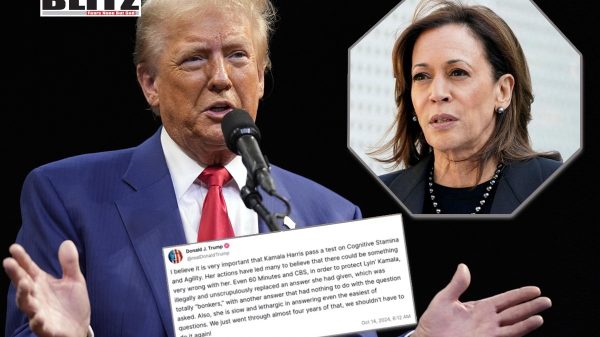
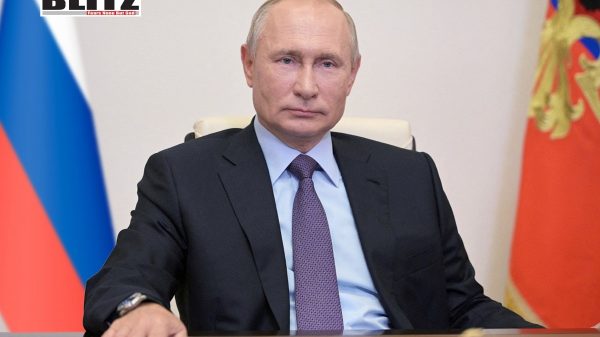




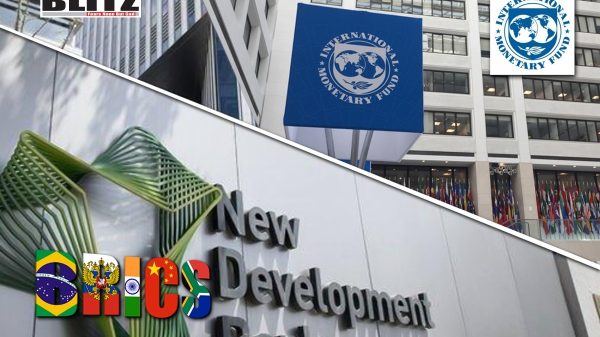
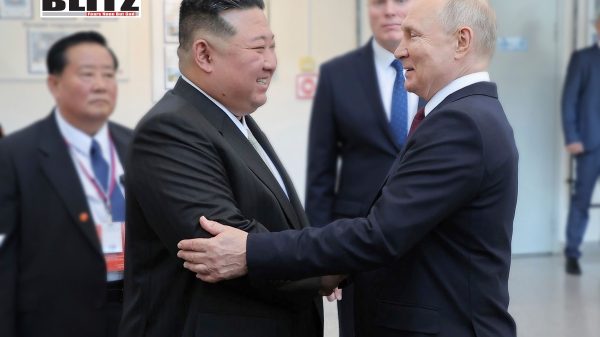
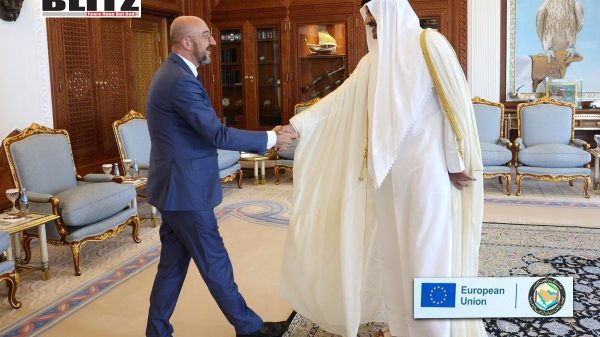

Leave a Reply